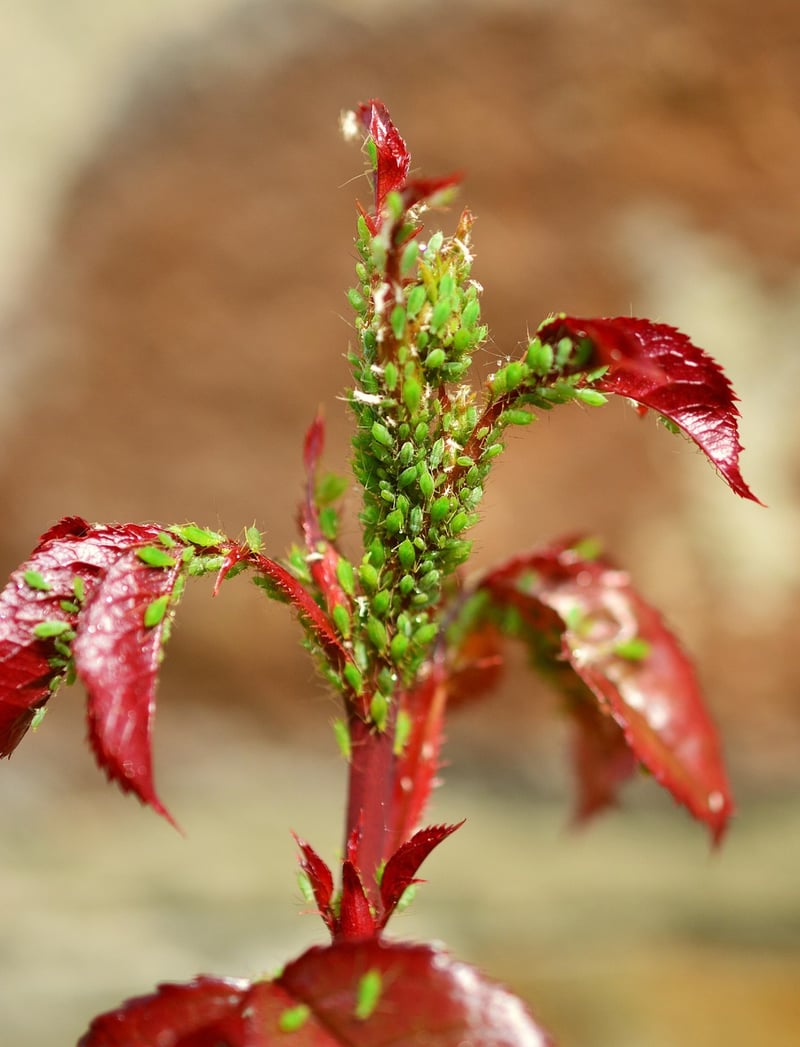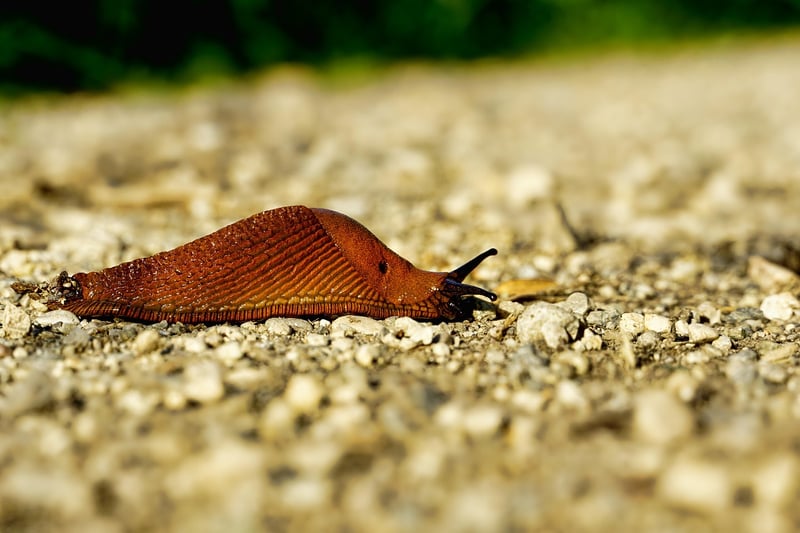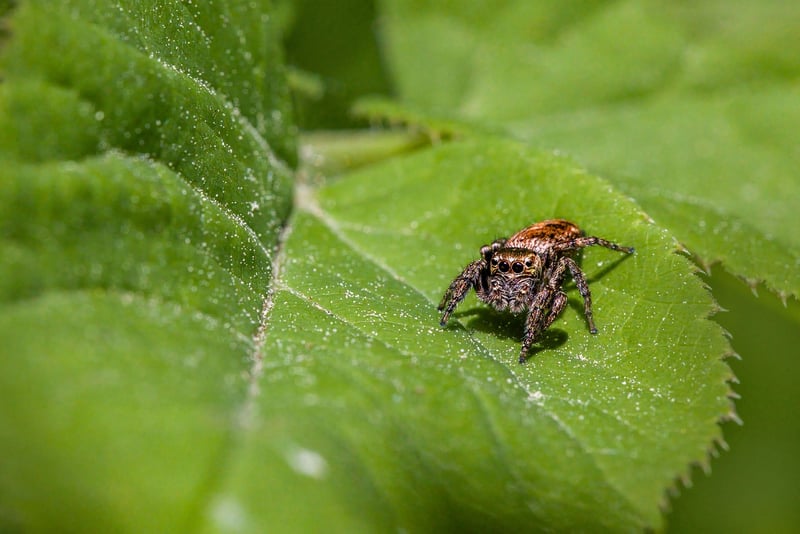Natural Pest Control
Dealing with Garden Pests: Effective Strategies for Natural Pest Control
Having a beautiful garden can be a rewarding experience, but dealing with garden pests can be a frustrating challenge for any gardener. However, resorting to chemical pesticides can harm beneficial insects and impact the environment. In this article, we will explore effective strategies for natural pest control to help you protect your garden in an eco-friendly way.
Identifying Common Garden Pests
Before implementing pest control measures, it's essential to identify the common garden pests that may be affecting your plants. Some of the most common garden pests include aphids, caterpillars, slugs, snails, and spider mites.
Natural Pest Control Methods
1. Beneficial Insects
Encouraging beneficial insects like ladybugs, lacewings, and parasitic wasps can help control pest populations in your garden naturally. These insects prey on common garden pests and can be attracted by planting diverse flowers and herbs.
2. Neem Oil
Neem oil is a natural insecticide that can effectively control a wide range of garden pests. It disrupts the pests' hormonal balance and acts as a repellent. Neem oil is safe for beneficial insects and can be used on vegetables, fruits, and ornamental plants.
3. Homemade Insecticidal Soap
A homemade insecticidal soap made from mild soap and water can help control soft-bodied insects like aphids, spider mites, and whiteflies. Simply spray the solution on the affected plants to reduce pest populations.
4. Diatomaceous Earth
Diatomaceous earth is a natural and non-toxic powder that can be sprinkled around plants to control pests like slugs, snails, and ants. It works by dehydrating the pests' exoskeletons, ultimately leading to their demise.
Preventive Measures
Aside from natural pest control methods, implementing preventive measures can help reduce the likelihood of pest infestations in your garden. Regularly inspecting plants for signs of pests, practicing crop rotation, and maintaining garden hygiene are effective ways to prevent pest problems.
Conclusion
By utilizing natural pest control methods and implementing preventive measures, you can protect your garden from pests while promoting a healthy and sustainable environment. Remember that a diverse and balanced ecosystem is key to keeping pest populations in check without resorting to harmful chemicals.
Happy gardening!


